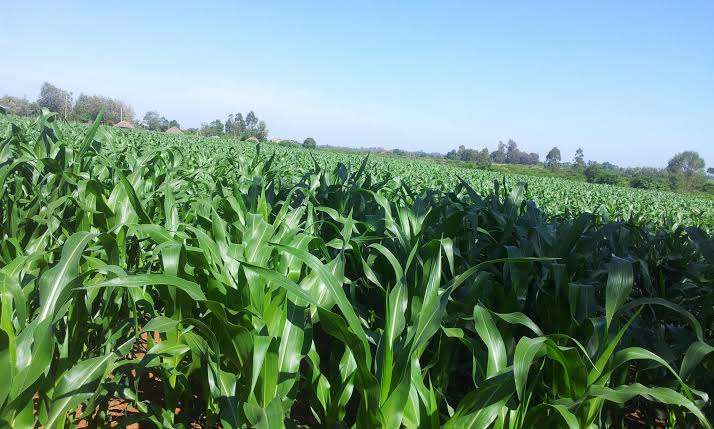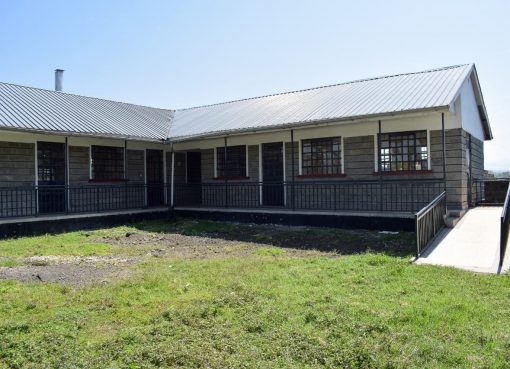Farmers in Uasin Gishu County have expressed high expectations that they were set to have a bumper harvest after the government introduced the fertilizer subsidy programme.
Those interviewed by KNA expressed optimism for higher harvest next season following the reduced cost of production after the government rolled out the Fertilizer Subsidy Programme aimed at supporting farmers to produce more in order to help solve the issue of food insecurity in the country.
The region which is the grain basket of the country has experienced a sharp decline in production that was occasioned by poor rainfall patterns that ushered a dry long spell, high cost of fertilizers which led to poor harvest last season.
The subsidized fertilizer, originally priced at Sh6,000 per 50kg bag, is now available at a reduced rate of Sh3,500 and distributed to the National Cereals and Produce Boards in the designated counties and will subsequently reach farmers’ cooperatives at the ward and location levels.
Uasin Gishu County being one of the bread basket counties in the country, residents eagerly embraced the availability of subsidized fertilizer to increase their area of land under farming of popular crops like maize and wheat, which was initially reduced due to a smaller number of fertilizers they could afford forcing them to abandon some portions of land or resort to planting grass for their animals.
The farmers are now filled with anticipation for bountiful harvests.
Timothy Koech, a proud maize farmer from Uasin Gishu, shares the incredible impact of the low-cost subsidized fertilizer in his farming journey.
He said that the availability of the subsidized fertilizers has revolutionized his farming practices and its affordability has allowed him to significantly reduce his input costs without compromising the quality of his crops.
“Embracing this opportunity has been a game-changer for me, bringing forth tremendous benefits and setting the stage for high yields in maize farming,” he says.
“This has translated into efficient resource allocation, enabling me to invest in other essential aspects of my farming operations and as a result, I have witnessed healthier and more robust maize plants, which I am confident will yield impressive results during the upcoming harvest season,” explained Mr. Koech.
Jepchumba Kosgei, a mother of three, says that indeed, the subsidy programme has had a significant impact on the area of land that farmers like herself have planted this season.
She says that the availability of affordable fertilizers has played a crucial role in expanding the cultivation of crops where farmers have been able to allocate their resources more effectively, allowing them to increase the area of land they plant.
“This has resulted in the cultivation of increased acreages and has contributed to the overall growth of agricultural activities in our region.” she said.
She further noted that the subsidy program has provided them with the means to maximize their land utilization and take advantage of the favourable conditions for planting, ultimately leading to increased productivity and the potential for higher yields this season.
The farmers said that the availability of subsidized fertilizers at a reduced cost of 3,500 has incentivized them to invest more in their crops and productive agricultural practices as they called on the government to ensure sustainability of the programme to cushion them from the high-cost production caused by increased cost farm input. This will boost agricultural production in the country which will be a lasting solution to address issues of food security.
By Ekuwam Sylvester and Isack Kololo





